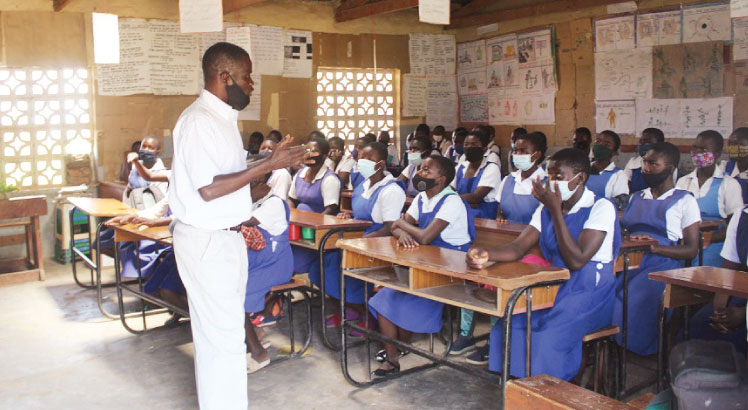29 years, no title for MDF teams
Super League title search continues to be a far-fetched dream for Malawi Defence Force (MDF) sponsored teams despite having numeric advantage and enjoying full funding from the government for 29 years.
Over the years, the number of military teams earning promotion into the top-flight league has increased from one in 1987 to five at present but it has been a tough ride for them to take at least a single league glory.

Zomba-based Red Lions were the first MDF side to participate in the league in 1987 before their sister side Moyale Barracks of Mzuzu joined them in 1997. Mafco of Salima got promoted in the 1999/2000 season to make it three military teams. After Mafco got relegated in 2006, Cobbe Barracks got promoted to maintain the number before they faced the chop the next season.
It was during 2011/2012 season that the number of MDF teams increased to four following the return of Cobbe Barracks and the survival of other returnees Mafco.
Last season five military teams namely, Red Lions, Moyale, Mafco, Kamuzu Barracks and Airborne Rangers played in the TNM Super League. Although Airborne faced the chop, the MDF will still have five teams in the 2016 season following the promotion of Karonga-based Chilumba Barracks last season.
It has mostly been a so-near-yet-so-far story for the MDF sides, especially in the last three seasons where they dominated the first rounds and pushed hard as the season neared conclusion but lost momentum in eleventh hour.
Since 1987, military teams have won at least eight cup competitions among. Moyale Barracks are the best achievers in this regard as they won two of the 10 FAM (Standard Bank) knockout Cups (in 2008 and 2010), the Carlsberg Cup (2001) and the Chibuku Cup (1999). In 2013, Mafco won the Presidential Cup while Kamuzu Barracks won the Carlsberg Cup. Red Lions took glory in the BAT Life Kings Cup in 2000 and the 555 Challenge Cup in 1987.
But MDF chief of training Brigadier AlickMhone said Army football clubs participate in the league not necessarily to win trophies but to always keep their soldiers physically fit.
“We are not in football to make profits as is the case with civilian teams such as Wanderers and Bullets but to keep our soldiers physically fit. Our participation also aims at enhancing MDF’s corporate image and improve civil-military relations. In short we are not a commercial entity,” he said.
While refusing to disclose how much the MDF gives to military teams for their operations in the league each season, Mhone said MDF will continue sponsoring army teams.
Newly appointed coach for the just promoted MDF side Chilumba, Stereo Gondwe, who also played for Red Lions and Moyale Barracks for at least 24 years, attributed part of their unsuccessful hunt for gold in the top league to football politics such as match fixing and the phobia of military teams among most soccer administrators and supporters.
“We face so many challenges that frustrate our efforts to succeed. Whenever our player makes the slightest of mistake, we are severely punished as compared to civilian teams and we get unfair treatment by the referees, especially when we seem to be close to winning the championship,” the former Mafco trainer said.
But Super League of Malawi (Sulom) president Innocent Botomani disagreed with Gondwe, saying, military teams’ struggles in the championship are a result of their priotising of their national defence job.
“Military teams take football as a social activity because they prioritising their core functions as soldiers. As you know, football is a very physical game so they mostly engage in the sport to keep fit and not necessarily to win the league title.
Football Association of Malawi (FAM) technical director John Kaputa, who has a Captain rank at MDF and has vast football experience with military sides, said the teams’ struggles in the league follow squad sustainability problems because players frequently get assigned to military duties midway through the season.
“Military teams mostly win cup competitions because they are not disturbed by frequent assignment of their players to other duties such as peace keeping missions.
In 2014/2015 season Moyale Barracks were on the verge of winning the league but their steam evaporated after their talisman GastinSimkonda, who was the top scorer with 18 goals, was sent to the Democratic Republic of Congo for peacekeeping before the league concluded.





